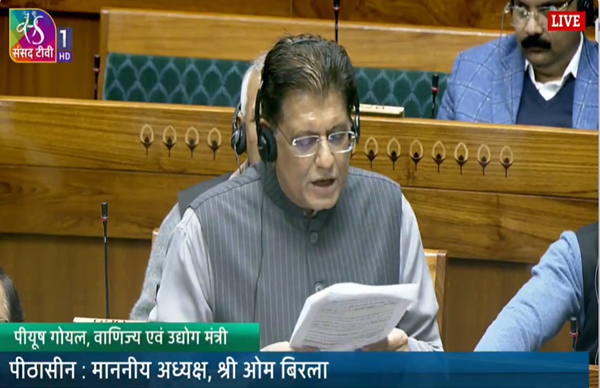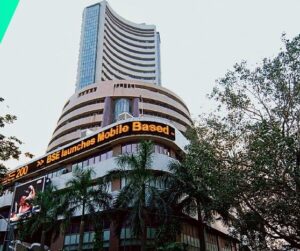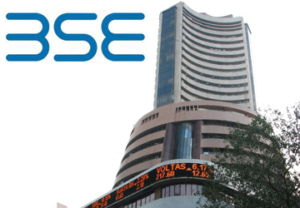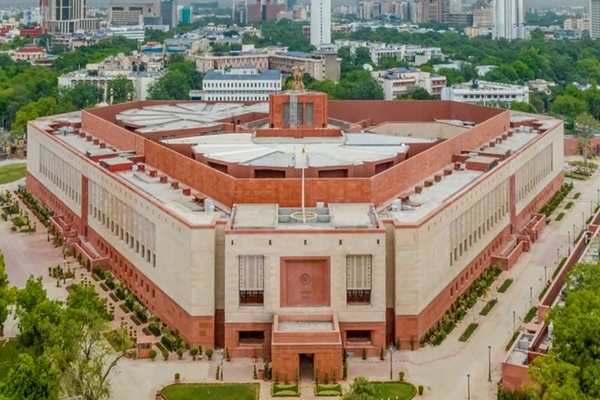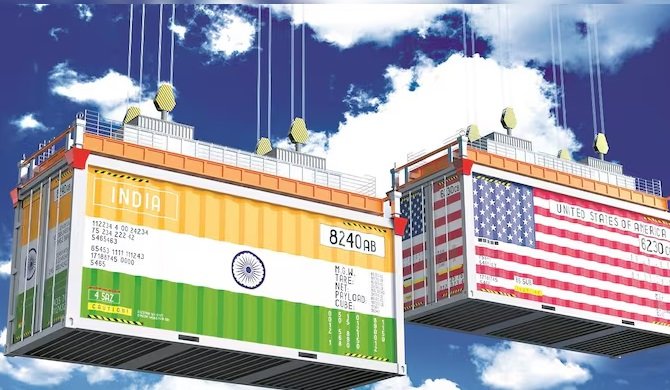
Last Updated on September 18, 2025 6:24 pm by BIZNAMA NEWS
R. Suryamurthy
India’s Chief Economic Adviser (CEA) V. Anantha Nageswaran on Thursday expressed confidence that the ongoing tariff standoff with the United States would be resolved within the next two months, offering relief prospects for exporters hit by steep duty hikes.
Speaking at an event organized by the Bharat Chamber of Commerce in Kolkata, Nageswaran said talks between New Delhi and Washington were moving forward. “My hunch is that in the next eight to ten weeks, we will likely see a solution to the penal tariff imposed by the U.S. on Indian goods,” he told business leaders.
In August, the U.S. imposed an additional 25% levy on Indian exports, doubling tariffs on several goods to as high as 50%. The move, widely linked to India’s continued imports of Russian crude, has weighed heavily on trade. India’s exports to the U.S. fell to $6.86 billion in August from $8.01 billion in July, while overall merchandise shipments dropped to a nine-month low of $35.1 billion.
The CEA suggested that negotiations could also lead to a scaling back of reciprocal duties. “It may be the case that the reciprocal tariff may come down to the level which we were earlier anticipating, somewhere between 10–15%,” he said.
A rollback would ease pressure on labour-intensive sectors such as apparel, gems, jewellery and seafood, which rely heavily on the U.S. market. According to the Global Trade Research Initiative, India’s exports to the U.S. have now declined for three consecutive months, with August posting the sharpest fall this year.
Although the U.S. Customs order exempted some products — including iron and steel, aluminium, copper and passenger vehicles — nearly two-thirds of Indian exports remain exposed to higher tariffs. Industry groups warn prolonged duties could slash export earnings by $30–35 billion by 2026 if left unresolved.
Nageswaran voiced optimism that the penal duties would be lifted after November 30. “Geopolitical circumstances may have led to the second 25% tariff, but considering recent developments, I do believe the penal tariff will not be there after November 30,” he said.
With the U.S. accounting for nearly one-fifth of India’s exports, a breakthrough in talks would restore stability to a vital trade relationship strained by sanctions and shifting global politics.

